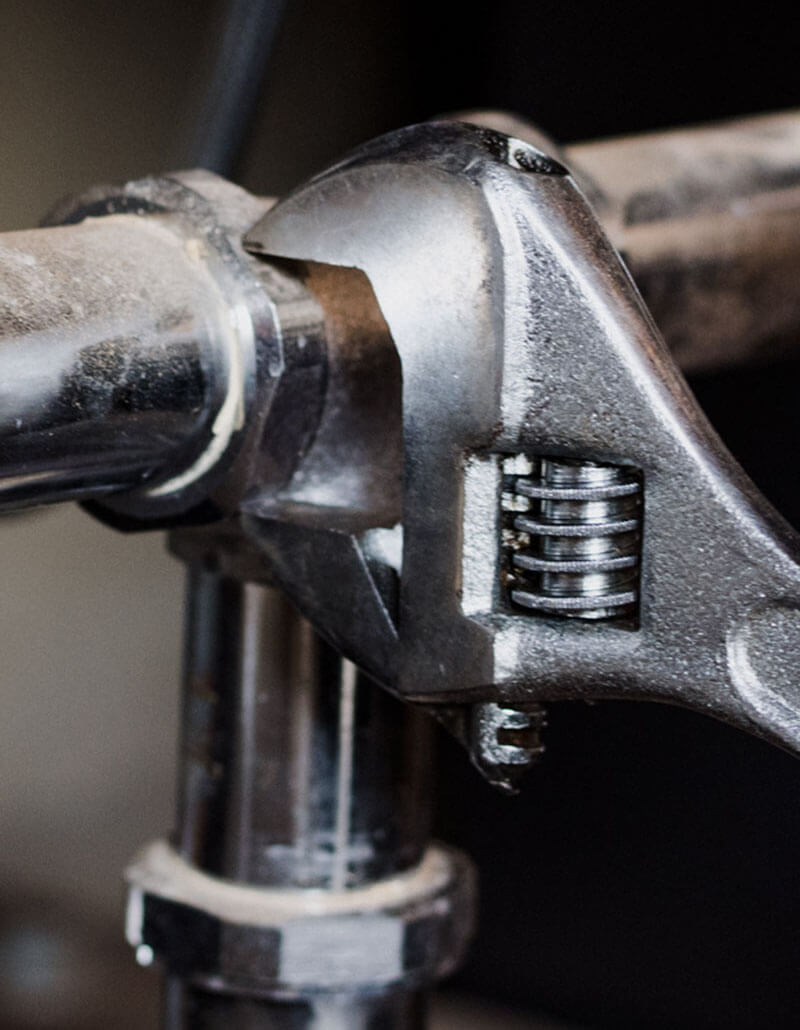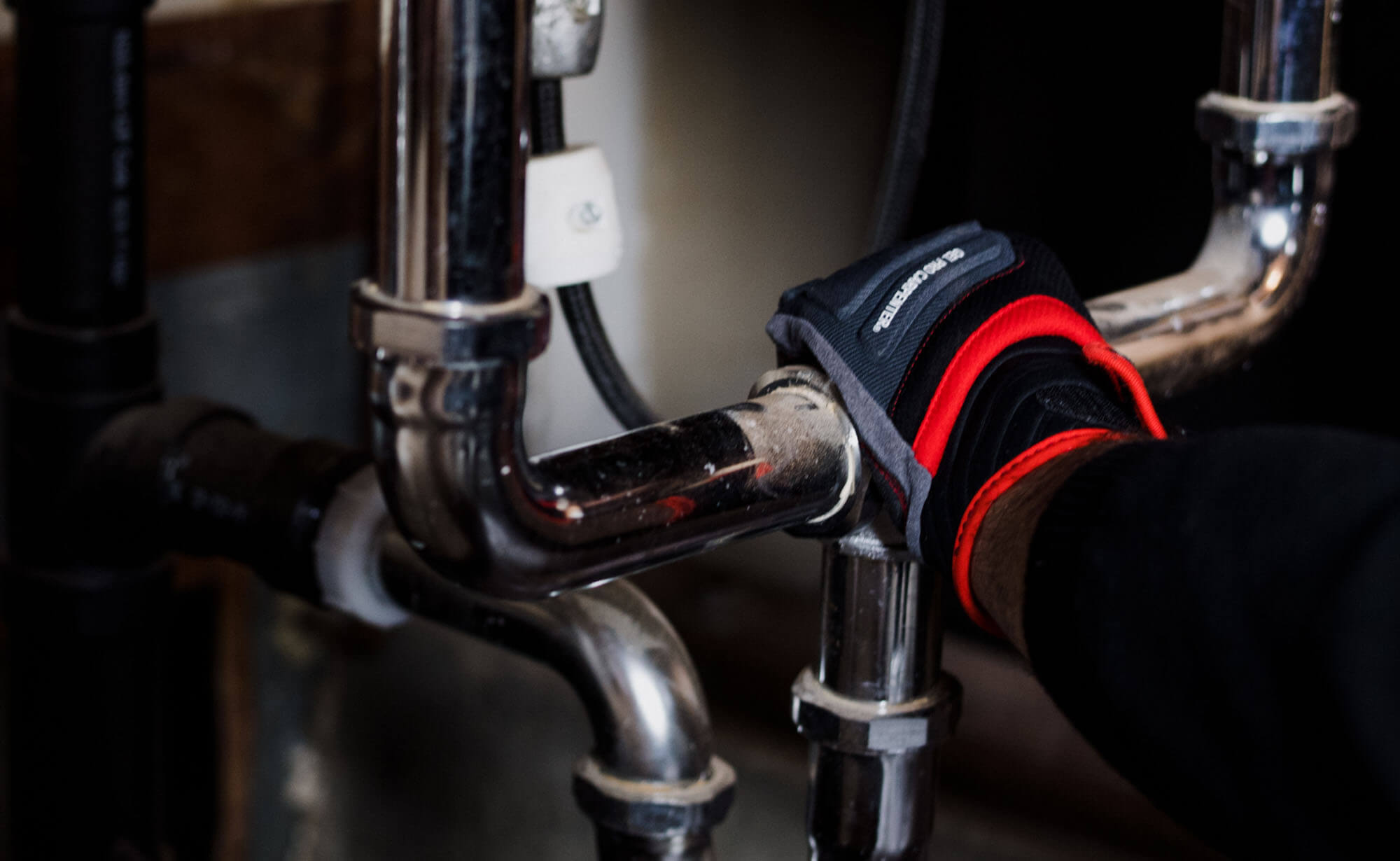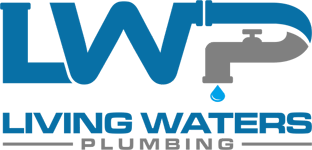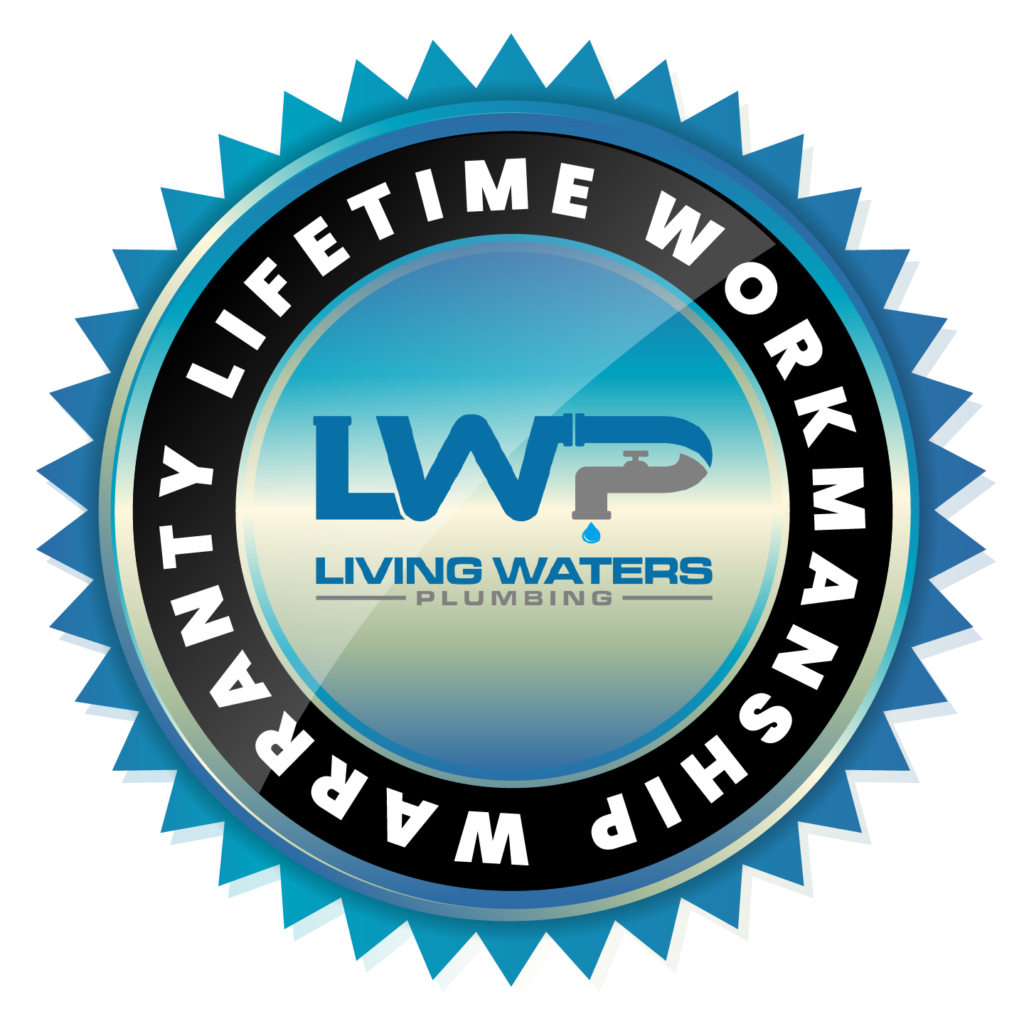Don’t Ignore Small Plumbing Issues: How Quick Fixes Can Save You Big Money
In our busy lives, it’s easy to overlook small plumbing problems. A drip here, a slow drain there—no big deal, right? But in reality, these seemingly minor issues can snowball into costly repairs and water damage, impacting your home and budget. Today, we’ll explore why small plumbing issues matter, the risks of ignoring them, and how taking action early can save you thousands.

Somebody to answer your call
310-895-0769
WHY?
1. Why Small Plumbing Problems Deserve Attention
A leaky faucet or slow-draining sink might seem trivial, but it’s important to understand that small issues often signal larger, underlying problems in your plumbing system. Water leaks, pressure imbalances, or even rusted pipes may be lurking behind that little drip. Ignoring these issues can lead to:
- Water Waste: Did you know a leaky faucet dripping once per second can waste over 3,000 gallons of water a year? That’s like letting a whole month’s worth of showers go down the drain.
- Rising Water Bills: Those little leaks and drips can add up quickly on your water bill. Fixing them could mean big savings.
2. How Small Plumbing Problems Lead to Bigger Issues
Tiny problems often grow into significant (and costly) issues. Here’s how:
- Worsening Leaks: A small leak under the sink might lead to pipe corrosion and burst pipes if ignored, leading to serious water damage.
- Clog Buildup: Minor clogs often worsen over time, eventually creating blockages that might require extensive work to clear out, especially if tree roots or other debris have made their way into your pipes.
- Damage to Walls and Floors: Persistent leaks can damage flooring, drywall, and even your home’s foundation, which are often costly repairs not covered by insurance
3. Small Plumbing Problems You Should Never Ignore
There are several small plumbing issues that require attention sooner rather than later:
-
Leaky Faucets: Aside from wasting water, leaky faucets can worsen and corrode fixtures over time.
-
Running Toilets: Constant running water isn’t just noisy; it’s also a huge waste of water and can strain your home’s water system.
-
Slow Drains: This is often a sign of clogs forming in the pipes. Left unaddressed, these clogs will likely require professional intervention.
-
Low Water Pressure: Reduced pressure can be a sign of pipe buildup or leaks. Addressing it promptly can prevent severe blockages or pipe replacements.
-
Water Heater Issues: If your hot water isn’t hot, it’s wise to check your water heater. Small issues can indicate that sediment is building up in the tank or that parts need replacing.
4. How to Prevent Plumbing Problems From Growing
Preventative maintenance is key to keeping plumbing issues at bay. Here are some tips to stay ahead:
-
Regular Inspections: Even if everything looks fine, scheduling a professional plumbing inspection once a year can catch issues early.
-
Clear Clogs Immediately: Don’t wait for slow drains to worsen. Simple solutions, like pouring hot water or a baking soda and vinegar mixture, can sometimes resolve them.
-
Invest in Quality Fixtures: Quality plumbing fixtures may cost more upfront but can save you from costly repairs over time. Look for items with long warranties and good reviews.
-
Install a Water Leak Detector: A leak detector can alert you to changes in water flow or pressure, helping you catch leaks early.
5. The Real Cost of Ignoring Small Plumbing Issues
The cost of letting small plumbing issues slide can be steep. Water damage repairs alone can range from $1,200 to $4,500 on average, depending on the extent. Major plumbing repairs—like pipe replacements, clogged sewer lines, and water damage restoration—can cost thousands of dollars. By fixing small issues promptly, you’re investing in peace of mind and financial savings in the long term.
Conclusion
Small plumbing issues are rarely as small as they seem. What starts as a minor drip or a slow drain can quickly turn into a costly repair. By being proactive and addressing these problems early, you can protect your home, lower your bills, and avoid the stress and expense of emergency repairs.
When it comes to plumbing, the rule is simple: “See a small issue? Take action before it becomes a big problem.”



